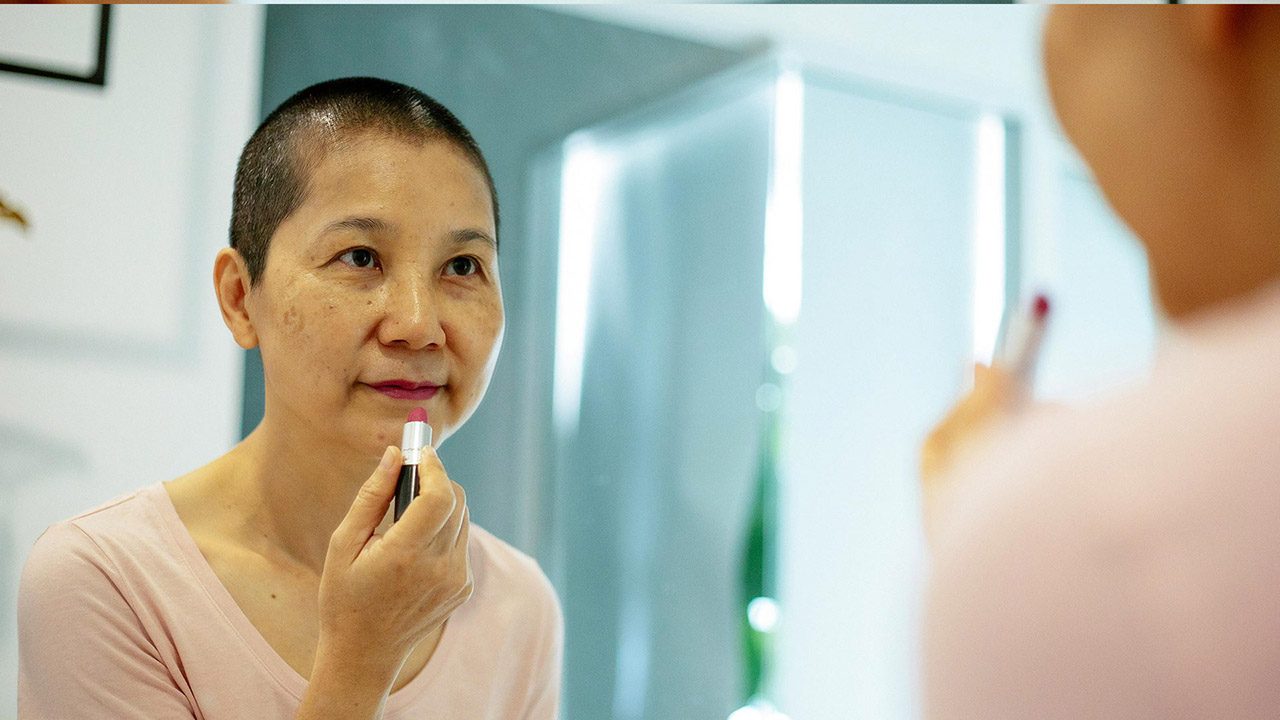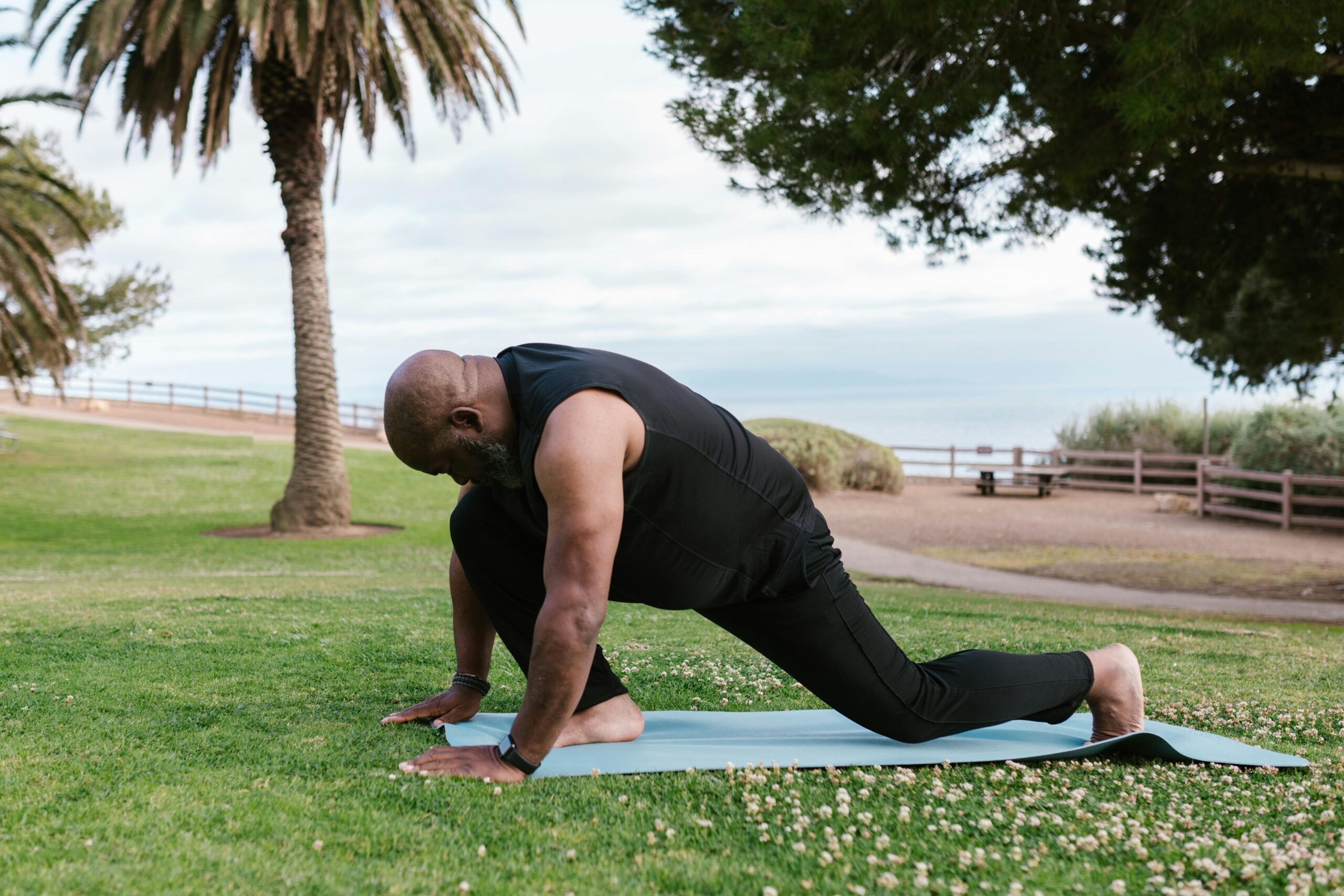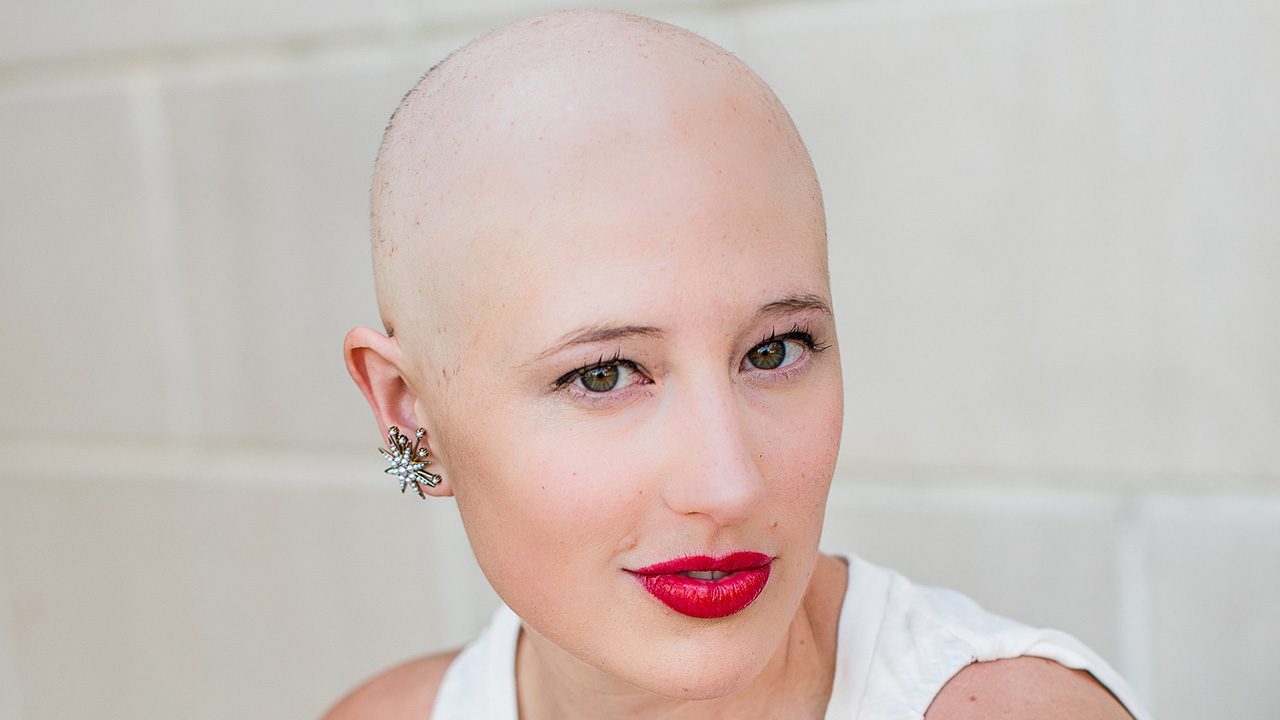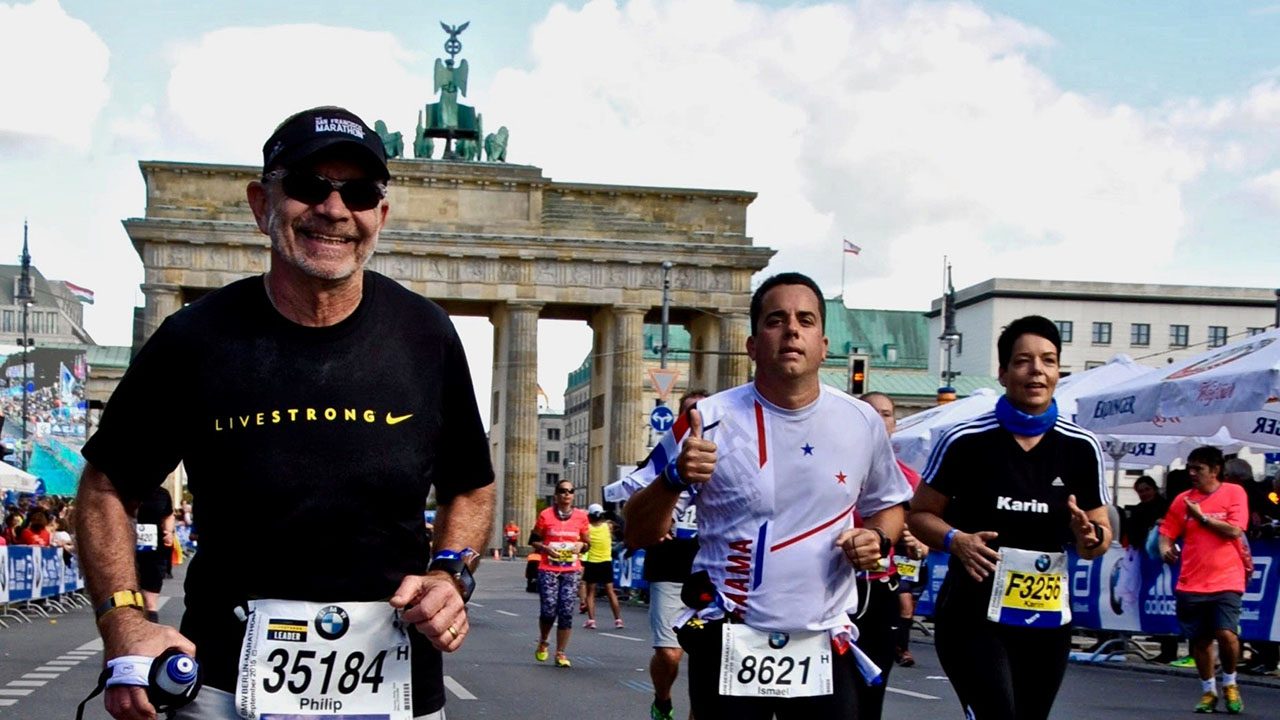Cancer and Body Image

Body image, or how you think about and see yourself, has a powerful influence over many aspects of your life. It can influence your mental and physical health, your level of confidence, and how you interact with others. Cancer and its treatment often cause a variety of changes in the body and how it functions. These changes may be temporary or permanent, visible or invisible. However, they can all affect how you feel about your body, causing self-consciousness, low self-esteem, depression, anger, and anxiety. You may feel isolated, as if others don’t see you the same or can no longer relate to you. It is also common to feel as though your body has let you down or is now weak and vulnerable.
You’re not alone. A Journal of Education and Health Promotion study found that the majority of cancer patients surveyed reported struggling with self-image issues related to their diagnosis. Fortunately, you can reclaim a healthy body image both during treatment and in survivorship.
Common Body Changes
- Scars
- Hair loss
- Loss or change in the shape or size of a body part
- Weight changes
- Problems with balance and physical activity
- Muscle weakness and fatigue
- Skin changes in treatment areas
- Bowel or bladder changes
- Sexual health problems
- Loss of fertility
- Early menopause
Seek Support
Talk with loved ones about your body image challenges and how they affect your emotional well-being and sense of yourself. Let those who provide love and support help you remember that your body is only one part of who you are. They can enable you to focus on aspects of yourself that you may be overlooking, such as your personality, talents, and accomplishments.
You may also find it beneficial to join a support group. These groups provide a safe space to discuss concerns and lessen feelings of isolation by revealing that what you are experiencing is entirely normal. Many survivors enjoy meeting with others in their community through local support groups. A few trusted organizations that offer support online include:
Confide In Your Healthcare Team
Be upfront with your doctors and healthcare providers about any questions or concerns you have regarding your body image. It may seem embarrassing and difficult to bring up certain issues, like sexuality or appearance. However, your healthcare team is invested in helping you through every part of your cancer journey. They can relieve uncertainties you are facing by letting you know what to expect from your cancer treatments and help you find ways to mitigate certain symptoms, such as rashes or fatigue. Additionally, they can assist you in finding wigs or other head coverings or discuss reconstructive surgery options if necessary.
“I turned 12, and I was already starting to look at girls, wanting to hang out with them and start dating and stuff, but I knew that there was no way — having no hair, being and looking so sick — that that was going to happen. In hindsight, I would have asked my doctors and nurses a lot of specific questions. ‘Is this eventually going to go away? Am I going to look better so that the girls will like me? Will I start puberty when everybody else will?’
These were embarrassing questions that I wish I would have asked anyway, just to ease my mind. I realize now that the nurses and the doctors were people that I could trust with these questions, and I really would encourage you to ask the most personal, intimate questions if you really trust your doctors and nurses.”
-Octavio, leukemia survivor
You may also consider adding a therapist to your healthcare team. Working with a mental health professional can help you learn new coping mechanisms, such as mindfulness exercises, cognitive behavioral therapy, and methods to improve internal self-talk.
Take Care of Yourself
The importance of taking good care of your body cannot be overstated. Eating well and getting enough sleep are vital to your physical, mental, and emotional health. Be sure to incorporate plenty of fruits, vegetables, fiber, grains, and lean proteins into your diet. Develop good sleep hygiene habits, such as limiting screen time before bed and sticking to a sleep schedule.
Exercise is also a great way to improve your mood. However, you may need to modify your exercise routine in accordance with your treatment schedule and how you feel physically. If you are used to high-intensity workouts, such as weight training or running, know that you may not feel up to these activities. However, a stroll around the park or a gentle yoga session can provide enormous physical and mental health benefits. Be sure to check with your doctor to ensure your exercise routine is tailored to meet your needs and treatment plan.
Livestrong at the YMCA is a 12-week physical activity program designed to help adult cancer survivors regain strength through exercise. Participants experience significant increases in physical activity, overall quality of life and fitness performance as well as decreases in cancer-related fatigue. Contact your local YMCA to see if they offer this program.

Be Patient with Yourself
Give yourself time and space to adjust to the changes you are dealing with. Be gentle with yourself by acknowledging and validating your feelings. Grieving over changes in your body is perfectly normal. Allow yourself to adapt in your own way and at your own pace. Know that it is possible to accept yourself just as you are by focusing on yourself as a whole person, not just the parts that have changed. Although you may look a little different on the outside, you are still the same person inside. In fact, you may be surprised to find that you’ve developed beautiful new qualities, such as increased empathy and gratitude.
Admire Your Body’s Strength and Resilience
Learning to accept yourself and your body is imperative to your well-being both during cancer treatment and in survivorship. Consider that not all of the body image changes that accompany cancer have to be negative. You may become more aware of your body and feel that you now know it better than before. Feeling empowered to treat your body better than you did in the past by eating healthier and exercising more is also common. In addition, completing your treatments can make you feel stronger, more resilient, and better able to handle life’s challenges. You may find that your mindset and priorities have shifted after your cancer diagnosis and treatment. This can allow you to redefine your relationship with your body, creating a sense of peace with your body image that you never had before.
“Your hair at the end of the day is not who you are.” -Rylie, Hodgkin’s lymphoma survivor
About the Author
Tara Probasco is an RN with over 15 years of experience and a master’s degree in nursing education. She is also an avid equestrian, enthusiastic hiker, dog mom, pseudo-chef, and devoted wife.

